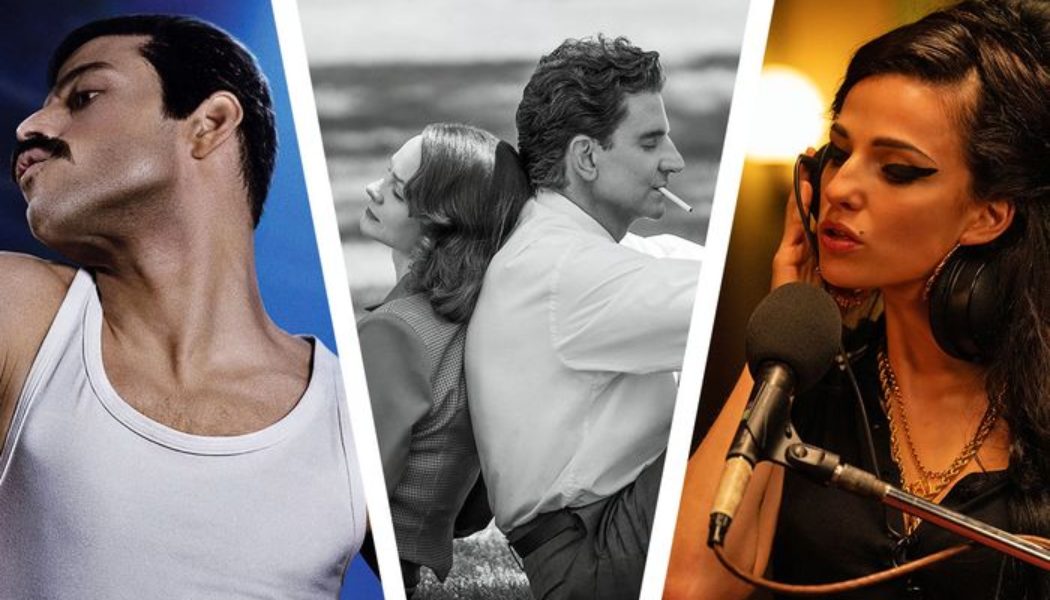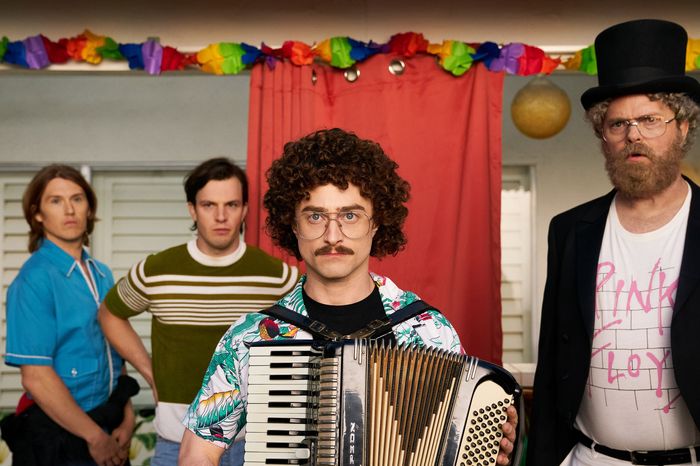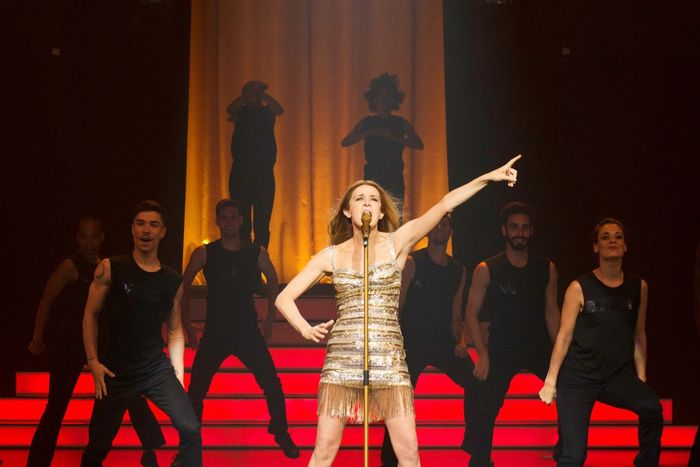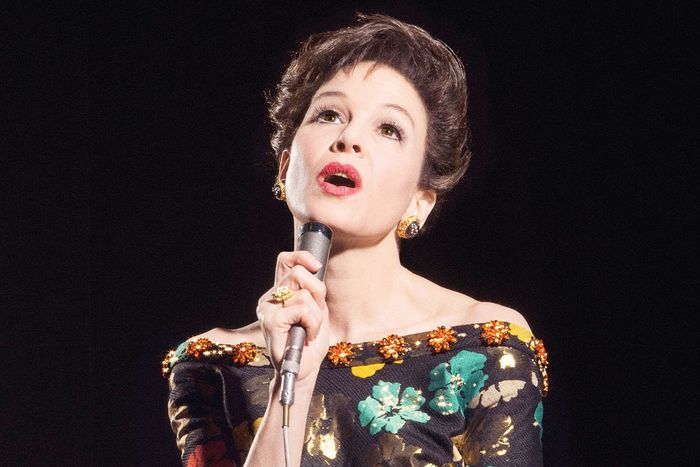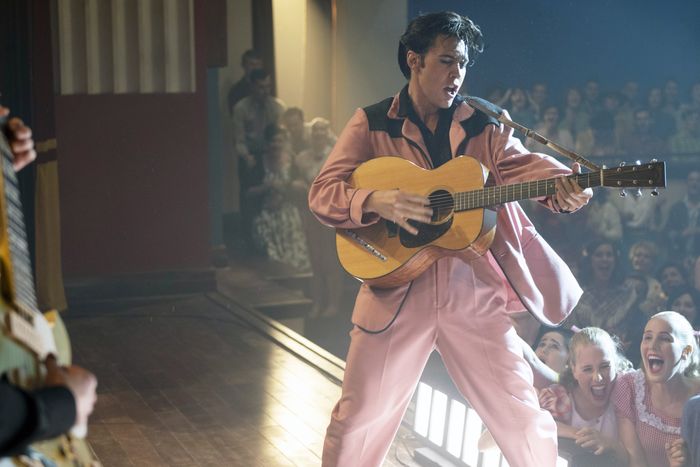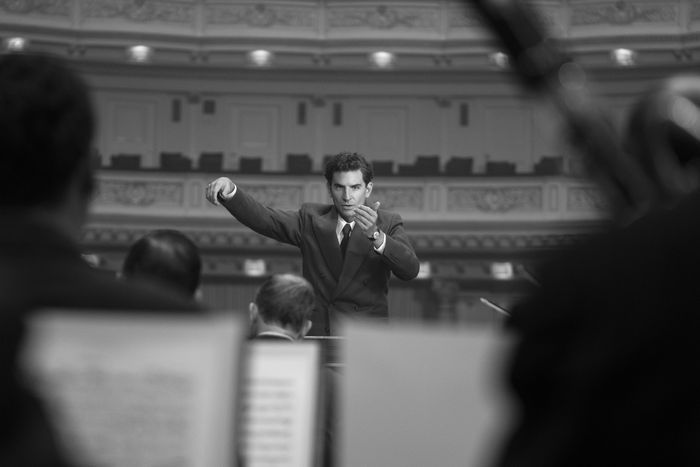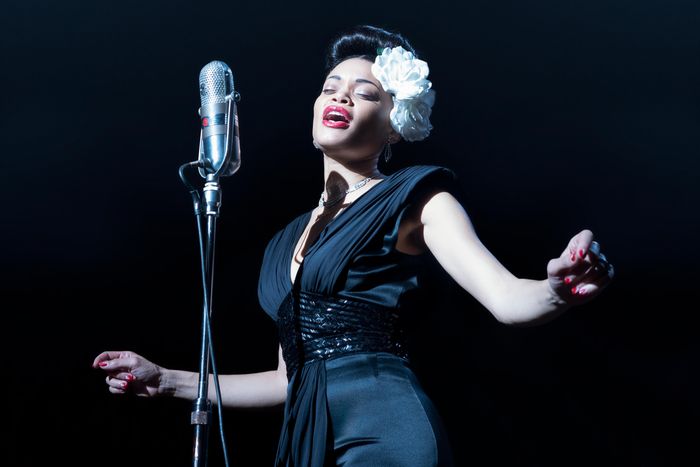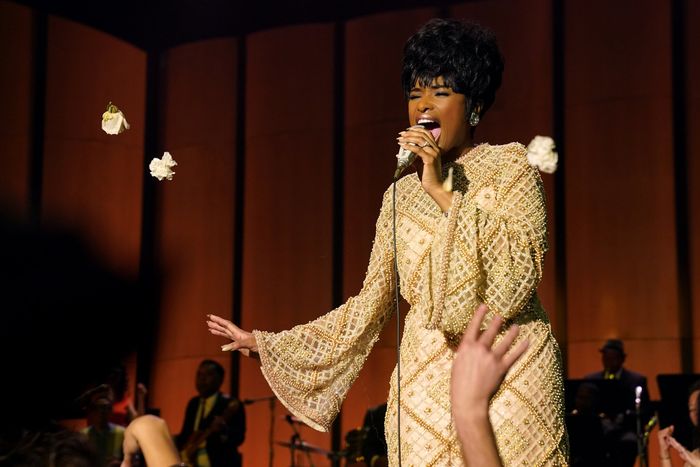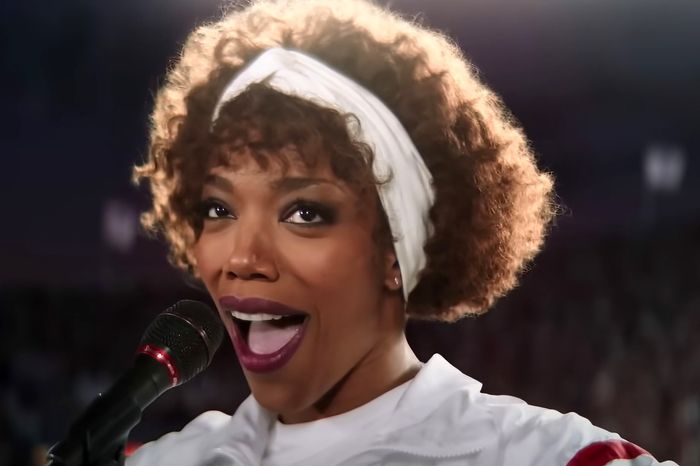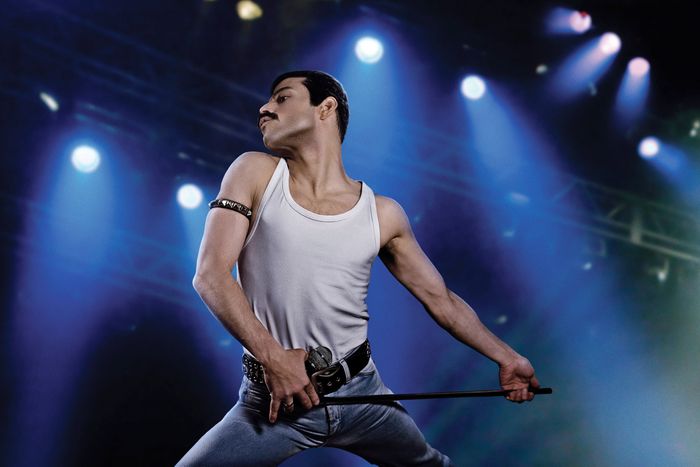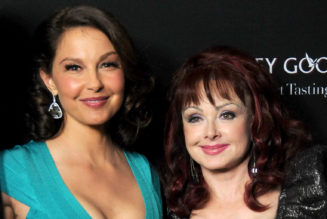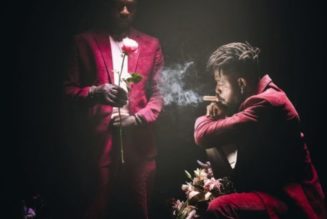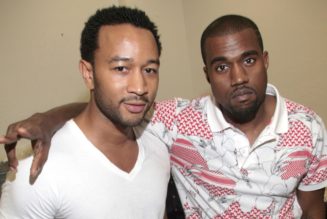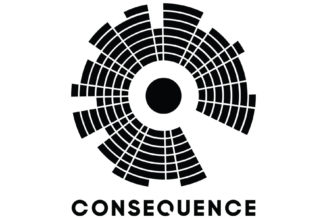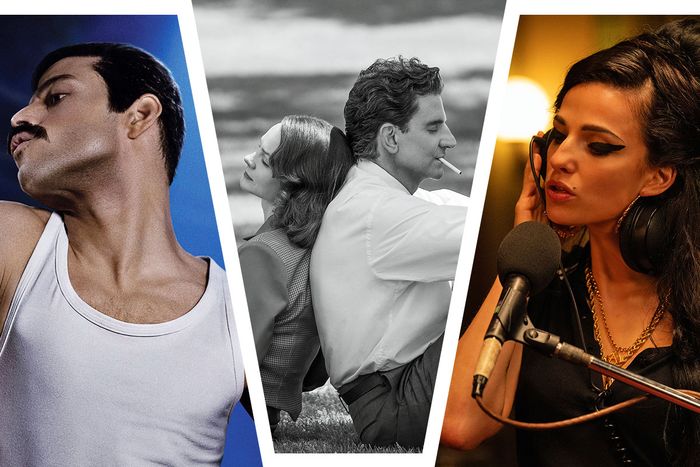
Photo-Illustration: Vulture; Photos: Nick Delaney/Twentieth Century Fox/Everett Collection, Jason McDonald/Netflix, Dean Rogers/Focus Features
Music biopics tend to follow the same beats: A sensitive and singular talent too pure for this world wants to create but falls prey to the lure of fame and drugs and a culture of exploitation that the movie usually perpetuates but is uninterested in examining. Still, since 2018, when the definitive bad music biopic of our time, Bohemian Rhapsody, won multiple Oscars, Hollywood has appeared obsessed with them. (Movies about Bob Dylan, Bruce Springsteen, and Linda Ronstadt are in the works.) The latest entry in this vexing category is the questionable new Amy Winehouse biopic, Back to Black. To “celebrate,” we’re ranking the recent musical-biopic canon from the best of the worst to the even worser.
Photo: Aaron Epstein/Roku
Thumbing its nose at pesky biopic mainstays like facts and gravitas, this movie honors the parody artist by staging his origin story as a parody film. Daniel Radcliffe gamely mocks extreme actor transformations while pulling off a totally committed impression. Still, it occasionally plays like a Walk Hard cover band.
Photo: David Appleby/Paramount/Courtesy Everett Collection
When Rocketman is at its best, as when Taron Egerton blasts off from Dodger Stadium into the sky as a literal rocket-man mere seconds after overdosing, it’s as ridiculous and fabulous as Elton John himself. Unfortunately, those moments are too few and far between for the movie to fully congeal. The characterization is generally only surface level, and the plot flies through typical biopic beats.
Photo: Roadside Attractions/Samuel Goldwyn Films
Once your eyes adjust to the brain-breaking image of shrunken-down writer-director-actress Valérie Lemercier playing a 5-year-old girl, this unsanctioned Céline Dion biopic provides a fascinating recap of the singer’s prodigious talent and career. If more biopics felt this unbound by estate obligations, good taste, and reality, the genre might have room for more interesting features. Maybe don’t trust me, though. I liked Cats.
Photo: Roadside Attractions/Courtesy Everett Collection
Any excuse for Renée Zellweger to get onscreen in a flashy dress and freakin’ sing again is a good thing in my book, even if Judy ends up maudlin and slow. Zellweger’s Judy Garland is highly mannered, a legend entombed in her lifetime, and while this movie skips many of the usual book-report beats, it lacks propulsion.
Photo: Hugh Stewart/Warner Bros/Courtesy Everett Collection
The Baz Luhrmann epic is undoubtedly entertaining. Austin Butler plays Elvis so Method that the ghost of Elvis might have actually taken control of his vocal cords. There are electrifying sequences here, like when Elvis first seduces an entire crowd of women, but the movie is overly long, and you can’t really call Tom Hanks’s performance as Elvis’s manager good, despite his efforts.
Photo: Jason McDonald/Netflix
After an awards season of Maestro discourse, don’t we all know what this thing is? An Oscar-hungry project that is largely a tribute to director-star Bradley Cooper’s ambition. At the same time, it’s a sometimes shockingly strange film that (albeit unintentionally) is much more engrossing than it has any right to be. Just watch the scenes in which Cooper shouts “I’m reining it in!” like a horror-movie villain.
Photo: Takashi Seida/Paramount Pictures
Look, this Lee Daniels movie is a mess, but it’s a well-acted mess. Andra Day’s fierce and raw lead performance is compelling enough to make the movie worth watching even when the watching is rough. But the film still has an unfortunate American Horror Story pallor, one that’s compounded by Daniels’s dull and fragmented pacing.
A movie that has Jennifer Hudson singing a slew of Aretha Franklin songs can only be so bad. Plus you’ve got Mary J. Blige flipping tables and shouting as Dinah Washington — what more could you ask for? Well, maybe a little more story, actually. Respect is slightly too deferential to Franklin, never allowing Hudson’s Aretha to appear as anything less than a saint. Boring.
Photo: Sony Pictures Entertainment/Courtesy Everett Collection
Naomi Ackie does an impressive job lip-syncing Houston. But it’s a series of biopic clichés: Whitney and her friend and sometimes lover Robyn Crawford screaming when they first hear her song on the radio, drug use leading to a dizzy spell amid screaming crowds and camera flashes, overwrought moments of sobriety before a relapse. Of course, BoRhap’s Anthony McCarten wrote this, too.
Photo: Chiabella James/Paramount pictures
This is not a movie for people interested in Marley’s story or politics — it’s a movie for people who know Marley from the college-dorm posters. And really, that’s all it amounts to: a fan-made project that refuses to delve into Marley as a complicated, real person. His relationship with his wife, Rita, is particularly unfraught, as is typical of biopics about men with wives.
Photo: Dean Rogers/Focus Features
Marisa Abela, who is so perfect and stannable as Yasmin on Industry, puts on her best “Oy, mista!” voice to play the gone-too-soon icon of the aughts whom the British tabloids very well may have hounded to death. The movie spends so much time trying to reclaim her as wholesome (loves her nan, doggedly monogamous, wants children) that her transgressive streak and naughty sense of humor ring false.
Photo: Nick Delaney/Twentieth Century Fox/Courtesy Everett Collection
This manic Freddie Mercury biopic is easy to hate for many reasons: its unearned Oscar wins; the direction by Bryan Singer, who got Me Too’d before the film came out; the fact that it is a straight-seeming biopic of Freddie Mercury. Bohemian Rhapsody is like the bland-cover version of Freddie’s life; its creators forgot that he was actually very interesting (and super-gay).
